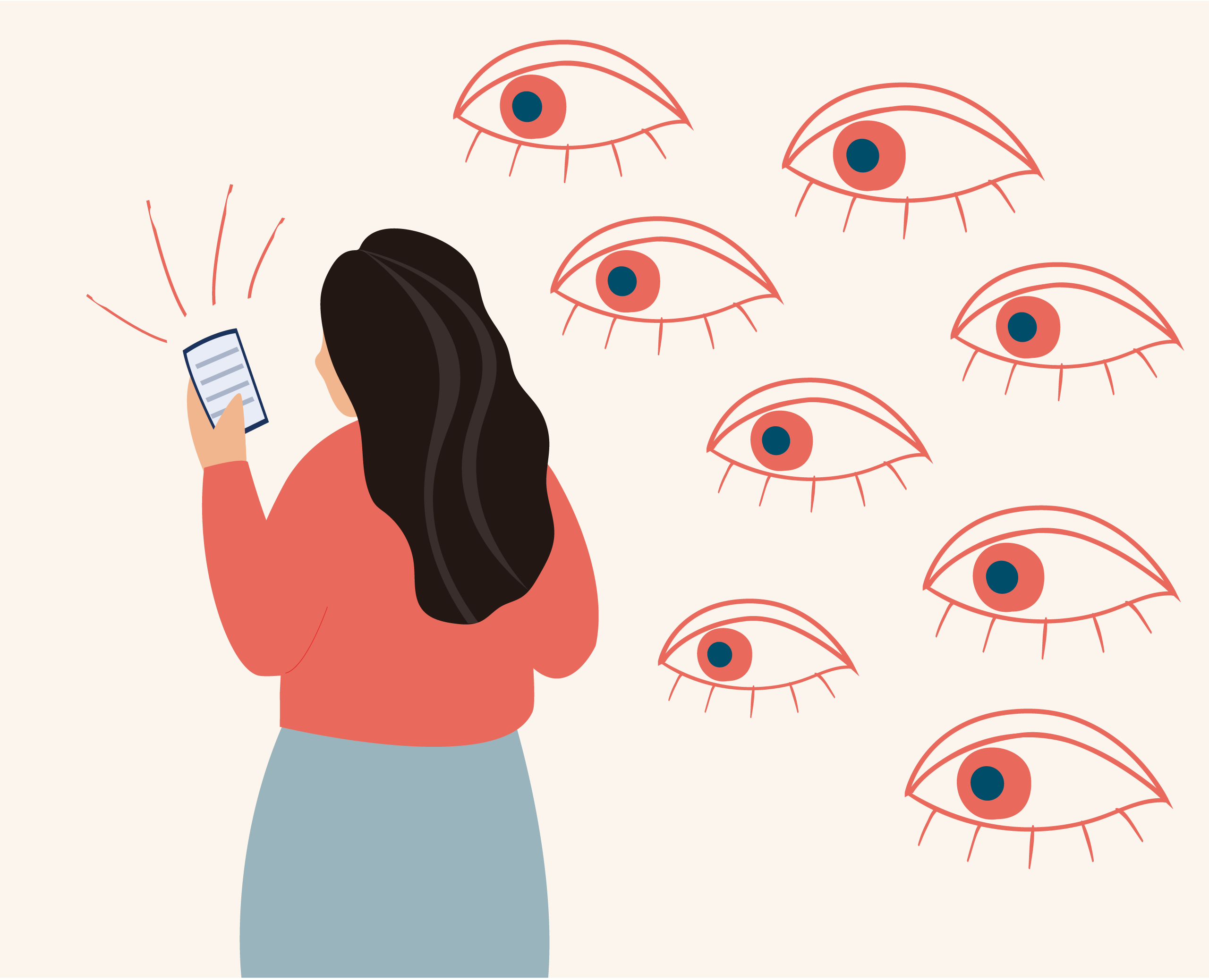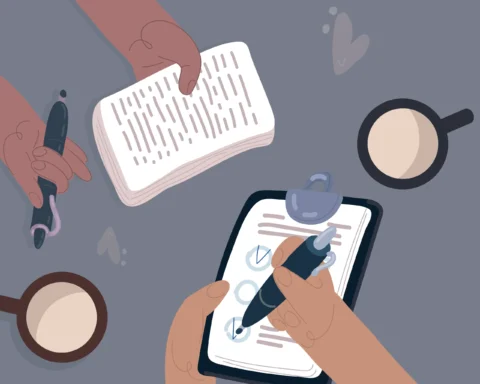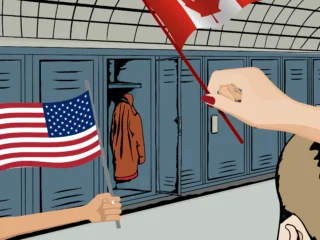– Erin MacLean
It was a two-for-one sale on privacy last week when a whistle-blower revealed that the National Security Association (NSA) has been authorized to track all Verizon phone records – including telephone numbers and duration of calls made, stopping short of listening in to conversations. A program known as PRISM was also uncovered which allows the US government access to servers within a number of large US technology firms including Google, Apple and Facebook.
Undoubtedly these stories will play out in the media for some time. Questions about the whistle-blower’s motivations for sharing the information and whether or not he is a patriot or a traitor will be debated in the coming weeks. Congress is already divided on the issue but, perhaps surprisingly, not along party lines. Both Democrats and Republicans are condemning the programs as an invasion of privacy while others are praising them as an important tool for protecting the nation against terrorist attacks.
Personally, I value my privacy and resent the idea of being tracked – it’s one of the reasons I no longer have a cell phone, or use GPS, or use the nebulous “Cloud” to store the information I input into my personal computer – to me it’s tantamount to surgically implanting a tracking device into myself. Now obviously I’m not immune to being tracked as I use the internet, but I have drawn my line in the sand as best I can.
However, for this article I’ve endeavoured to put that thinking to one side.
As a society we expect our governments to protect us from outside threats. With that in mind, what are our expectations for how that protection is achieved? Do we even really think about it – or just expect it?
How can we expect the government to protect us if we don’t approve of anything they do? When the TSA was granted more authority to do pat-downs and searches at airports there was a public outcry; when racial profiling occurs we are outraged; when telephone data and internet data are collected, it’s an invasion of privacy; in Boston, during the man-hunt following the marathon bombings, there was an outcry that homes were being systematically searched without a warrant for the suspect; then there are spies. We’ve learned to accept that spies are sexy and mysterious thanks to books and Hollywood. But just what do we think they are spying on if not private information? So again, just what exactly do we expect the government to do?
Maybe an even better question is: why is it not okay for governments to track our information, but it’s okay for companies to track it? Maybe if the government gave us 15% off our next purchase and a club membership that would make it okay.
I don’t have an answer. I do believe this is an opportunity for the public and the government to discuss what the expectations are and what the acceptable trade-offs are to achieve those expectations. Outrage is a good initial response but it’s unproductive.
We all know a police state won’t work. A police state will only further aggravate outside (and inside) resentment toward the United States. But, if the public can’t approve some level of government secrecy in trying to protect the nation, then we must accept the fact that terrorist attacks will be more likely. It’s just not possible to have it both ways.












